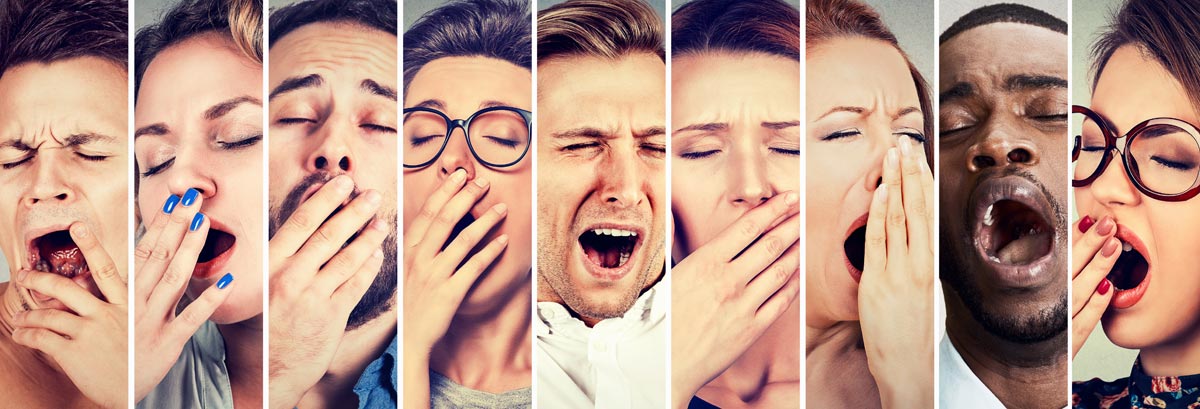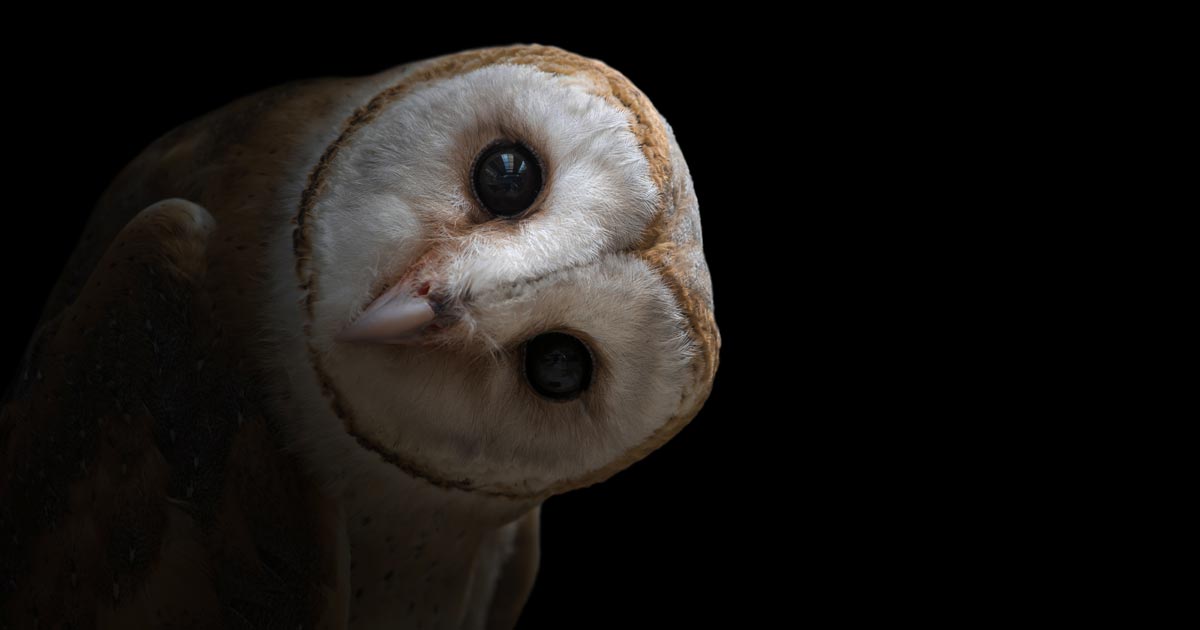My body clock is at odds with the rest of humanity; at least, that’s how it feels sometimes.
Left to my own devices, I’ll stay up until two or three in the morning, and slowly return to consciousness around nine o’clock. Is that weird? It seems to be considered so, and is contrary to how our society is structured, but that’s how I’m wired up.
Of course, the fact is having a job means I’m never “left to my own devices”; I’m expected to be up and ready to work at an hour that my body screams at me is evil and might possibly kill me. Beyond that, since I co-created more humans, the idea of being left to my own devices is now so alien to me I’m no longer sure what the devices did, or why I wanted to be left with them.
Wide awake
The problem, for me, is I am never tired at what is more generally considered a conventional bedtime. I sometimes experience a wave of sleepiness at about 7 or 8 o’clock, but if I try to go to bed at 9, 10 or 11, I ping awake and sleep will not come.
Thankfully, I rarely suffer from insomnia, but, even so, getting to sleep is usually a battle for me rather than a peaceful event, and I’d rather only try it when I’m exhausted enough that the battle is a foregone conclusion.
Sleep has always seemed rather backwards to me. Despite my efforts, I almost never go to sleep feeling so tired I couldn’t stay awake for another second, but that’s exactly how I feel every morning. I am aware there are some bizarre creatures that actually enjoy mornings, but this feels like a strange horror to me.
I can understand there is a beauty to the silence and peace of it all, but you get that after midnight too, with owls instead of skylarks, and it’s less frowned upon to be drinking wine at the time.
All of which, is a very long-winded way of saying I’m a night owl, and I sometimes feel the world is designed to make the lives of people who share my body clock more difficult – certainly, conventional working hours do not suit me well, but I have learned to live with them, although it feels like a minor victory every day when I get out of bed in the morning.

Night fever
What relevance does this have to veterinary medicine? Well, although normal working practices may be a cruel torture for those such as myself, there is a branch of our profession that should suit us perfectly: out-of-hours (OOH) work.
What could suit a night owl better than working in the night, at their most alert, with a lie-in every morning if the hours stretch beyond the normal comfort zone? With the profession changing from the bad old days, when you were expected to work a night shift, and still be fresh and alert the next day, careers in emergency medicine should be custom-made for those such as myself, shouldn’t they? Well, that’s what I thought, too… at first.
The tragic problem, of course, is this: simply being awake and working are two entirely different things.
I love the darkness of night for the same reason early birds love the morning – the peace and the freedom. However, peace and freedom are in short supply in emergency medicine, and even the chirpiest of early risers would be hard-pressed to find their beautiful sunrise improved by haemorrhagic gastroenteritis.
Days gone bye
Don’t get me wrong – I like OOH work, to an extent. I like the purity of it, the lack of politics and the focus on the medicine. It’s more intense, but more rewarding than day work and, sometimes, if you’re lucky, you get to feel like you’re making a difference and doing some good. It doesn’t often feel that way in general practice – not for me, anyway.
However, perversely, night work seems to disrupt my body clock even more than routine working hours. When you’re working days, you get all the tough bits over at the beginning, and then you have the evening to relax (if you’re lucky).
With full-time night work, I found I would get up just before my shift started, work through the night, and then be so exhausted I fell asleep as soon as I got home. Instead of shifting the hours when I had time to myself, night work just seemed to delete them, so there was nothing between work and sleep.

Working quieter OOH shifts as part of general practice was easier, but still didn’t seem to suit. Instead of having those blessed quiet hours at the end of the day as my own, they were everybody’s – potentially interruptible at any moment. Consequently, I couldn’t relax, went to bed even later than I normally do, battled with sleep and then was inevitably woken up 20 minutes later to deal with an emergency.
Even for night owls, OOH work isn’t ideal.
Being human
Now, you could potentially make a convincing argument – given that I have tried most different types of working patterns and none of them suited me – that the main problem I have is with work, not with sleep. You may even be right.
But that wasn’t the point of this blog – this is: I have, on occasions through my life, been made to feel there was something slightly wrong with me because of the hours I like to keep and, occasionally, in my darker moments, I have even believed this.
Over the years, though, I have realised, while I’m a very long way from being a perfect or even a particularly good human being, and while I have many, many flaws, these do not include the hours my body and brain tend to be more alert and active. Liking the night more than the day (haemorrhagic gastroenteritis cases aside) doesn’t make people like me any stranger or worse than anyone else, it just makes us people.
Rock around the (body) clock
The next time you see your colleague (the one who always looks grumpy in the morning, nursing their first coffee so they can summon up enough energy to speak) spare a thought for their body clock and, please, do your best not to appear so cheerful when you tell them you’ve already been to the gym and enjoyed the most beautiful sunrise you’ve ever seen.
When they pour their coffee on your head, don’t blame them. Blame their body clocks.
Here’s to the night owls. Solidarity, my nocturnal brethren.

Leave a Reply